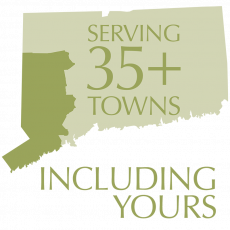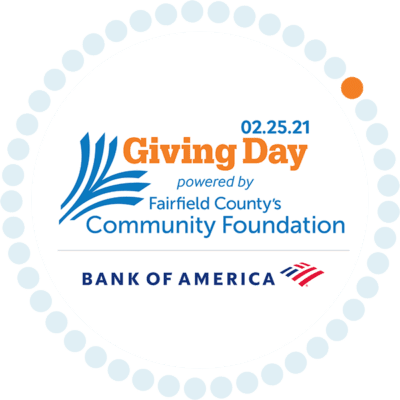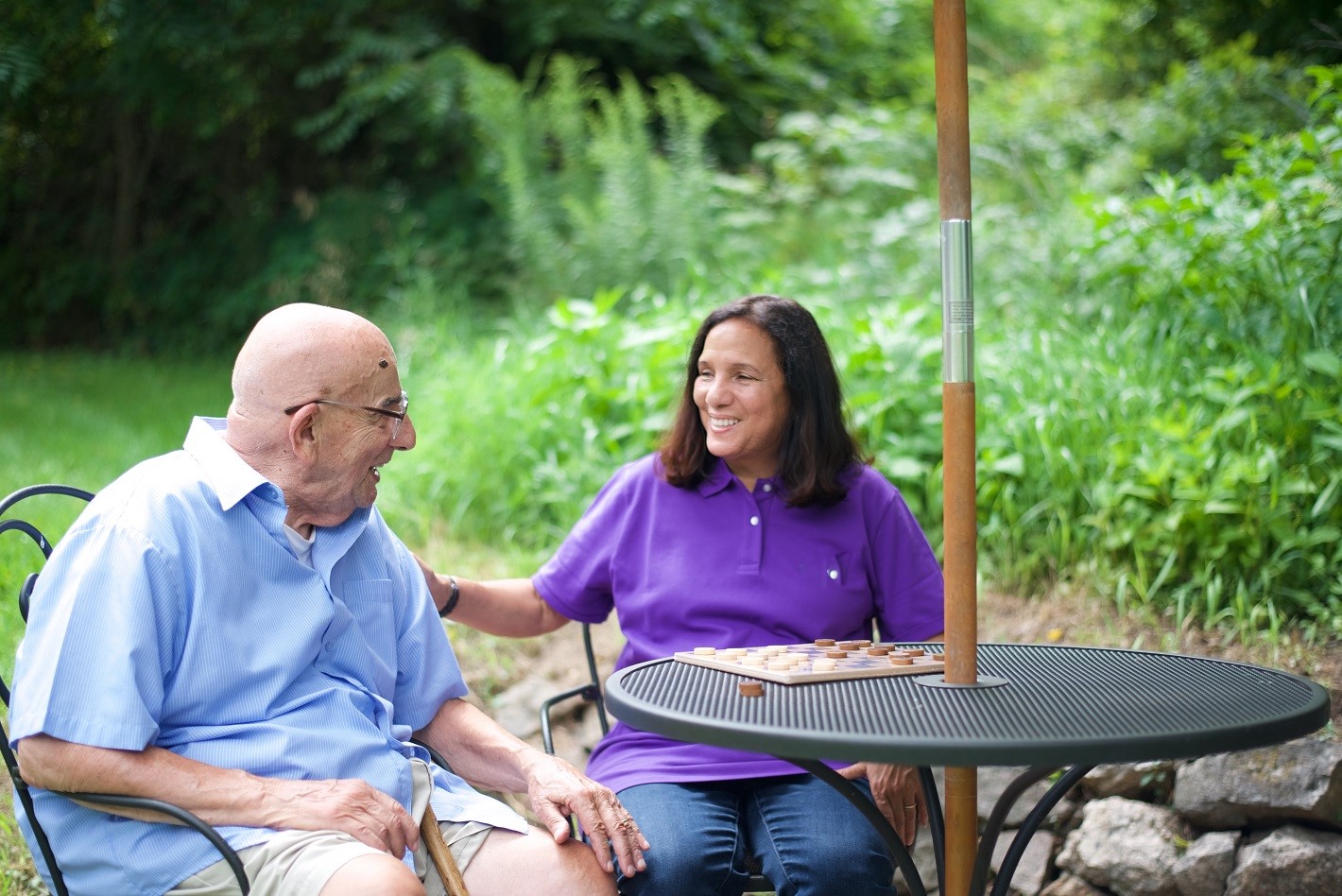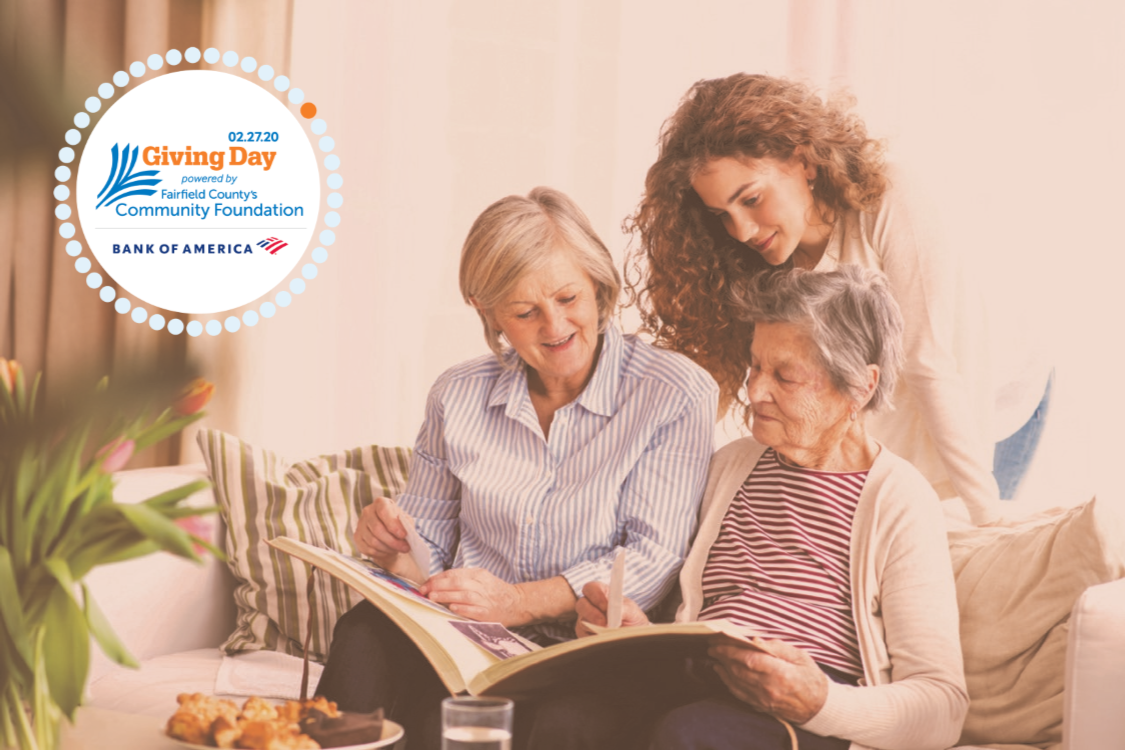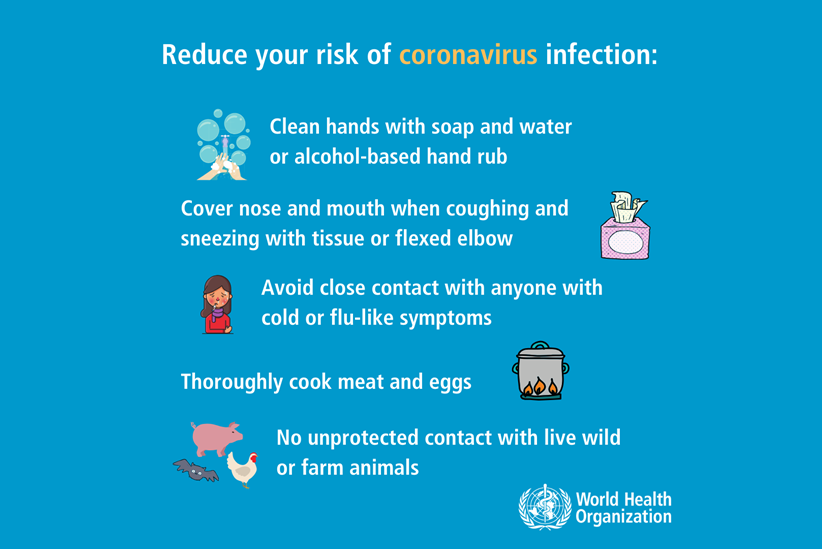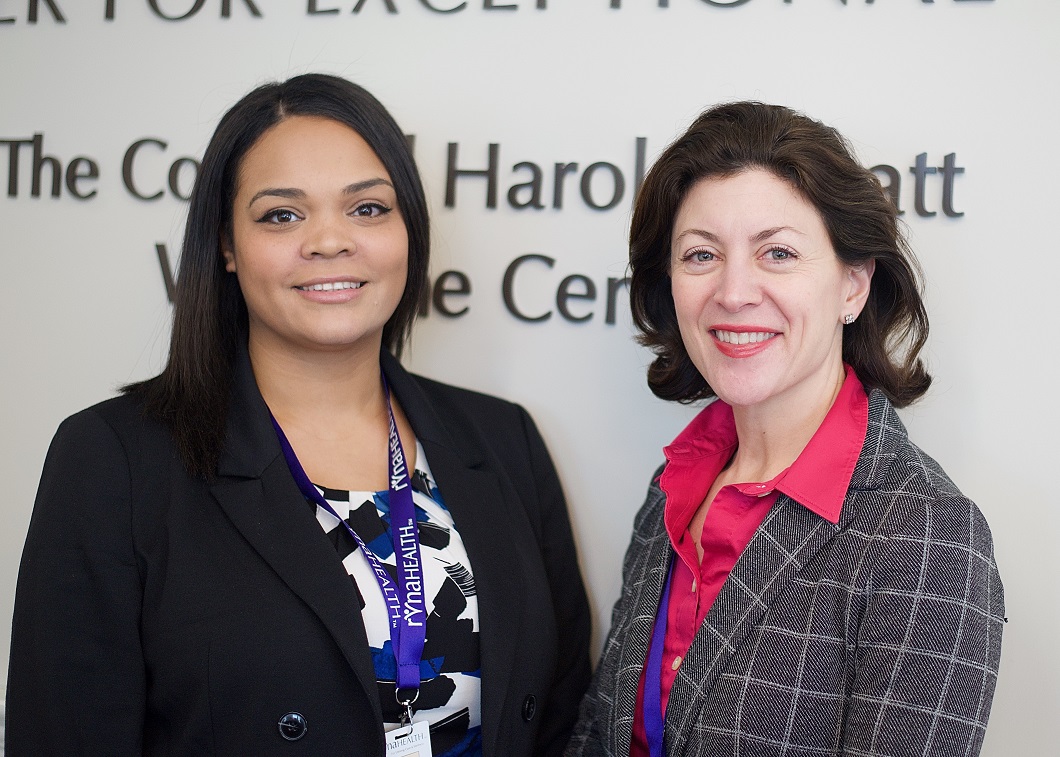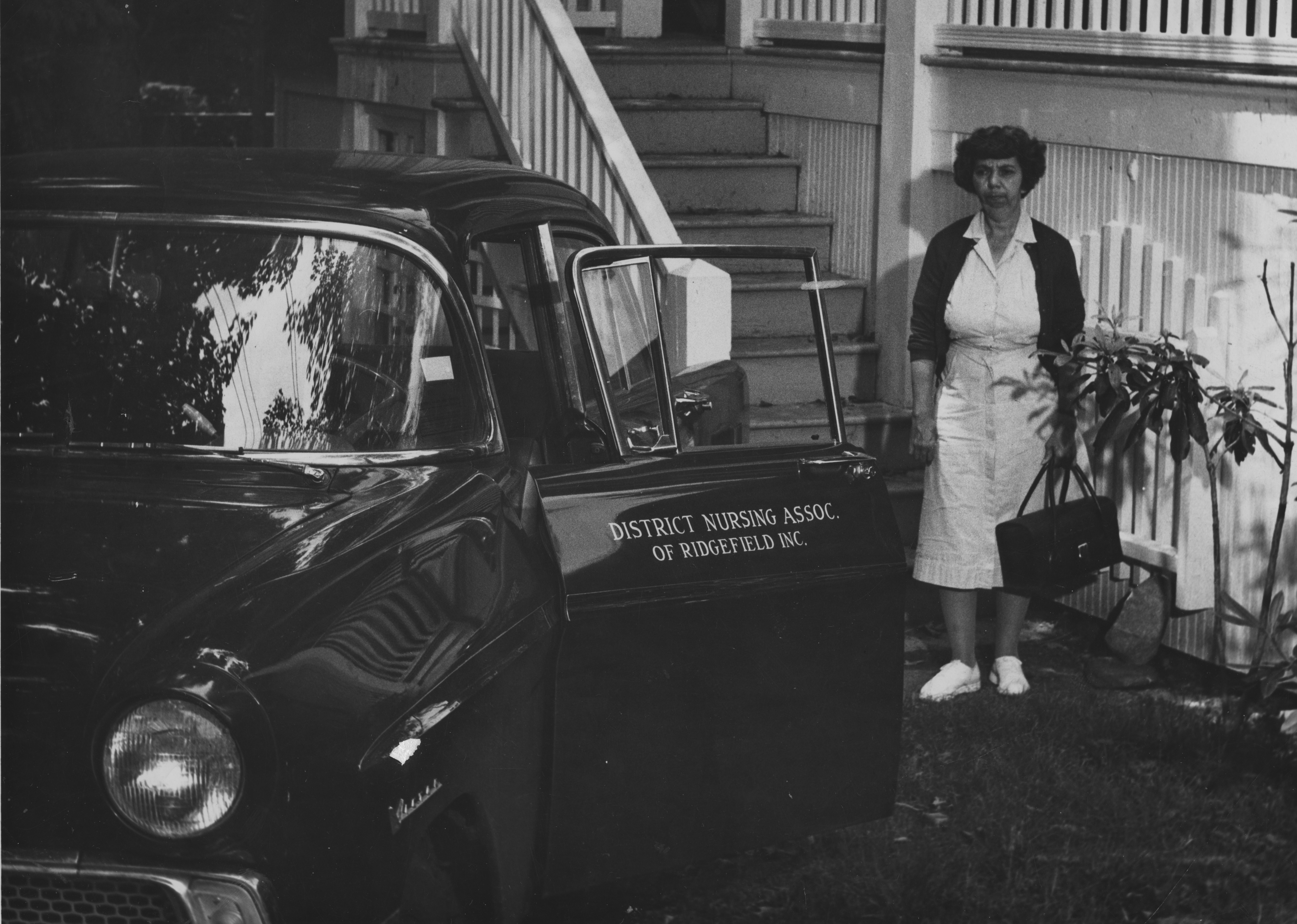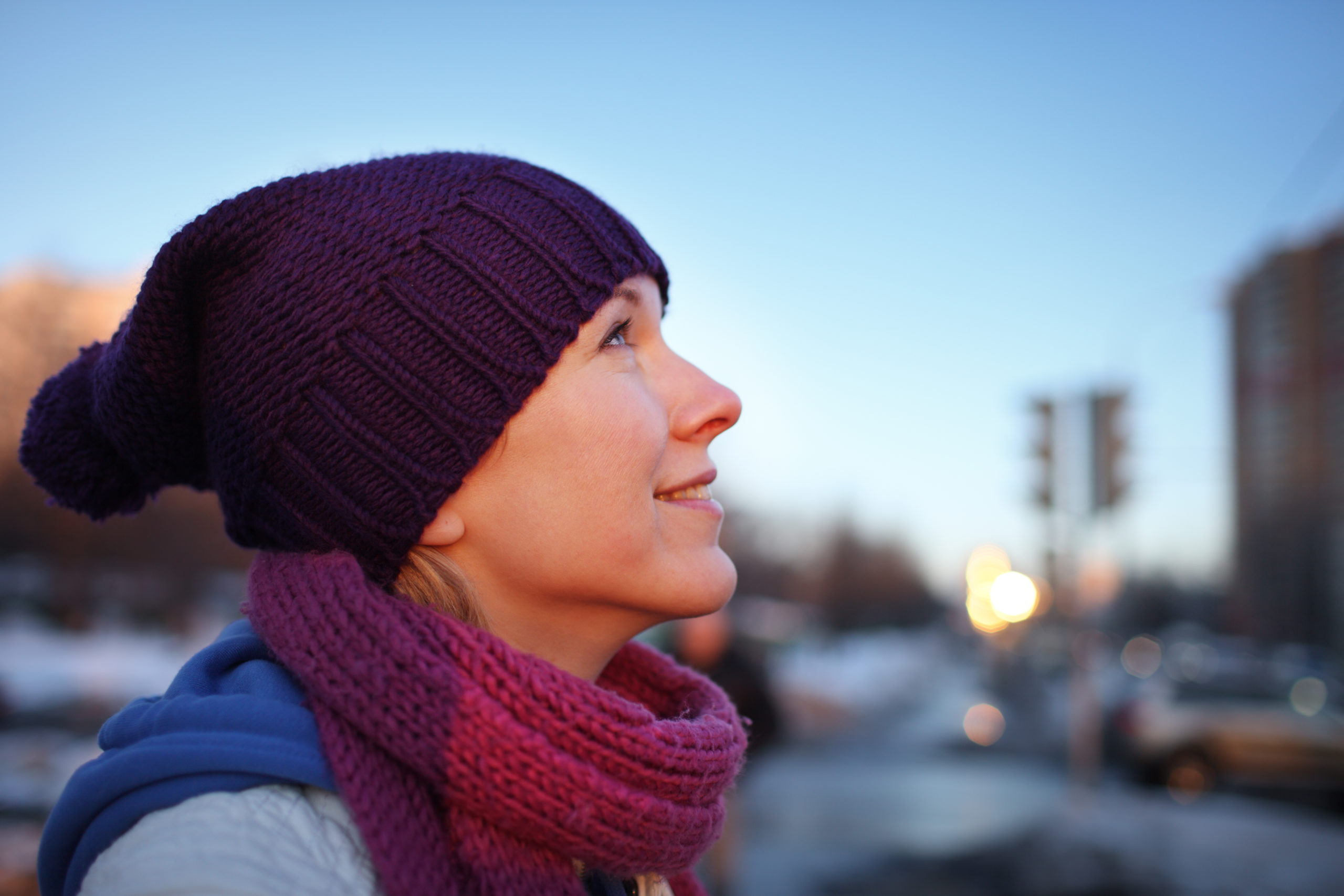Not all non-medical caregiving agencies are created equal. There is a significant difference in quality across agencies, and there are significant differences in the qualifications and expertise of individual caregivers.
At RVNAhealth StayWELL non-medical services, caregiving is provided primarily by Certified Nursing Assistants (CNAs) and Home Health Aides (HHAs). “It is absolutely critical to us to offer the highest quality, and most consistent care to our clients,” says Melissa Woodhouse, Director of RVNAhealth StayWELL services. “By hiring trained and licensed caregivers, we know that they have education and experience behind them even before we begin our own screening and orientation processes.”
In addition to standards of caregiver training and experience, it is also important to understand an agency’s hiring and screening processes when considering hiring a caregiver with that agency. RVNAhealth directly employs its non-medical caregivers, ensuring all are background checked, bonded, and insured. Additionally, all caregiver work is under the supervision of an RVNAhealth licensed nurse and occupational therapist, who develop and actively manage a client’s plan of care.
Unlike RVNAhealth, many agencies provide caregivers as independent contractors. In independent contractor scenarios, caregiving may not be supervised, and families may also assume risk of caregiver wages, taxes, and personal injury.
There are many decisions to make when considering having a caregiver at home. In a world with vast differences in non-medical caregiver experience levels and agency quality, seek experienced and agency-employed caregivers to ensure quality care for you or your loved ones.

